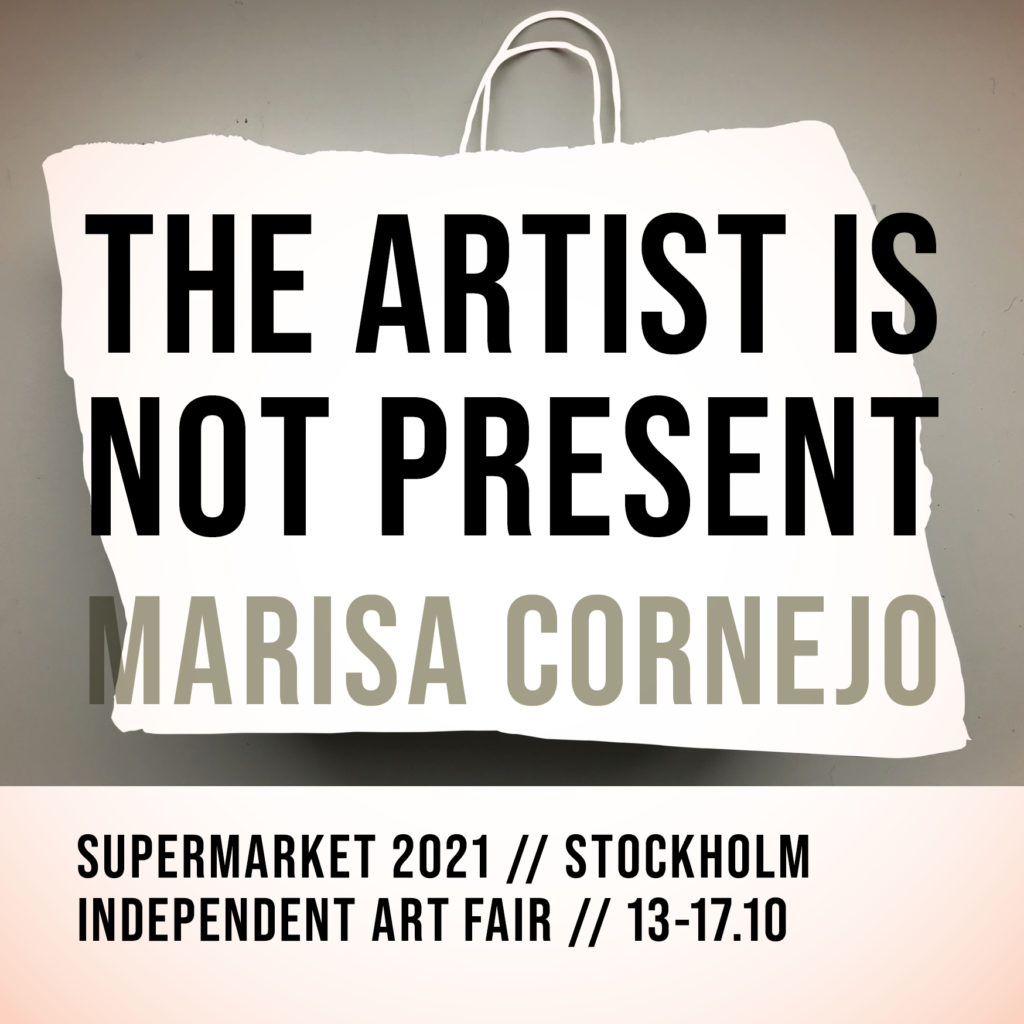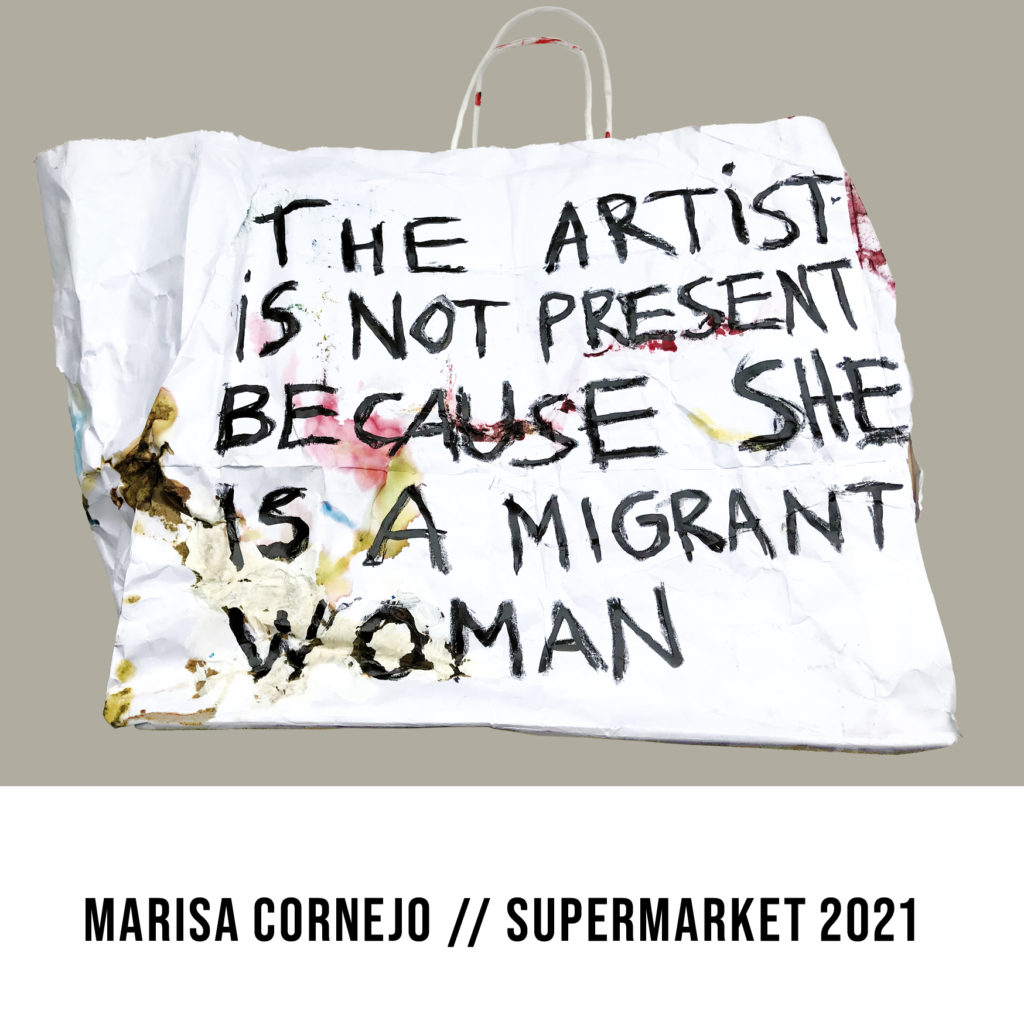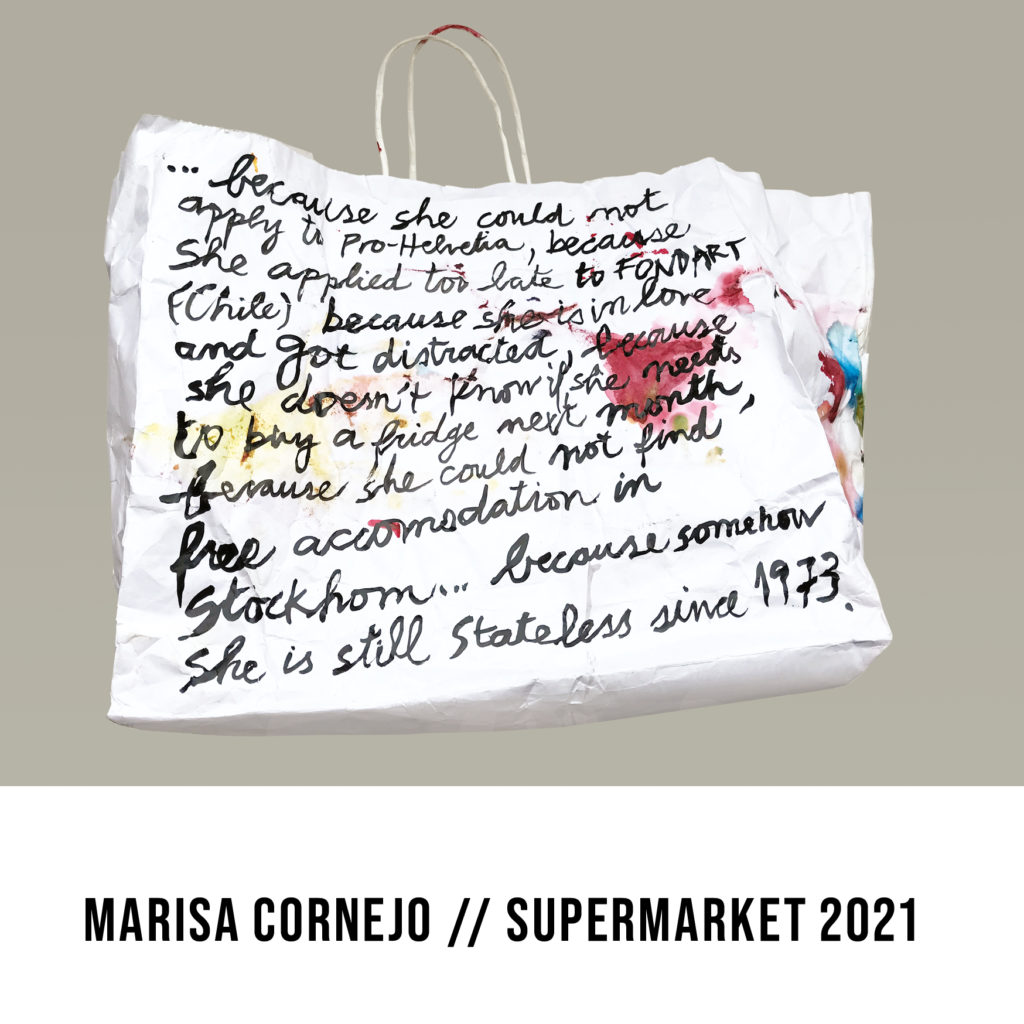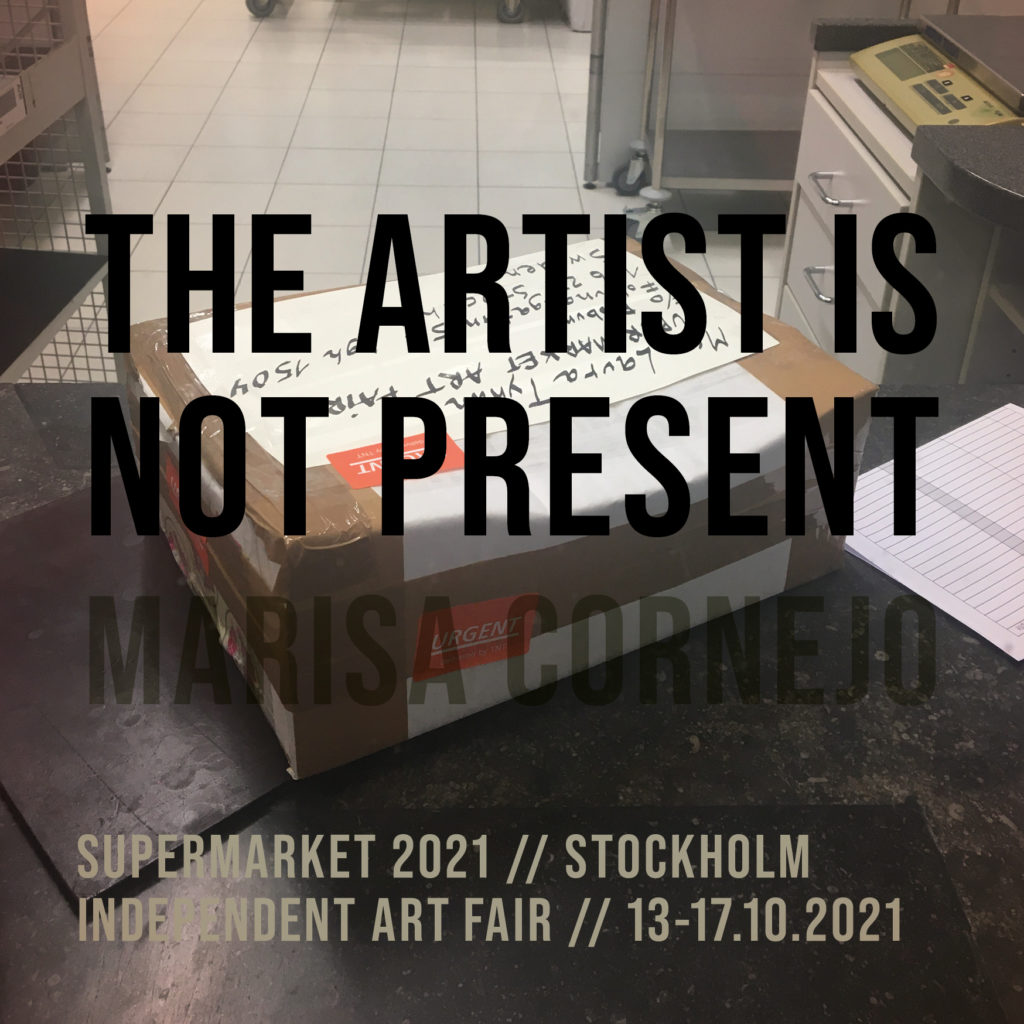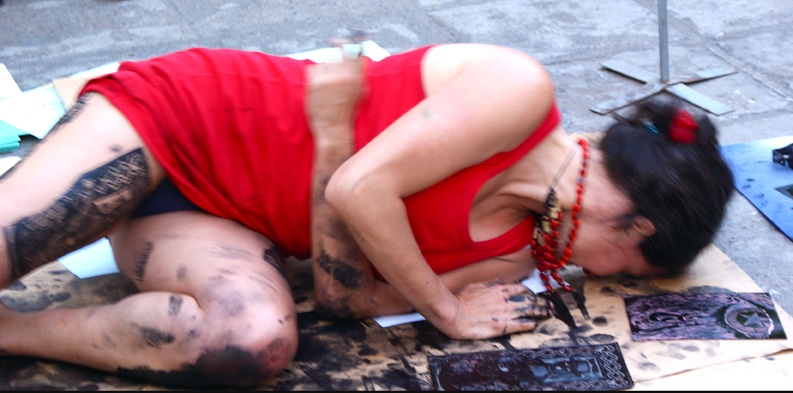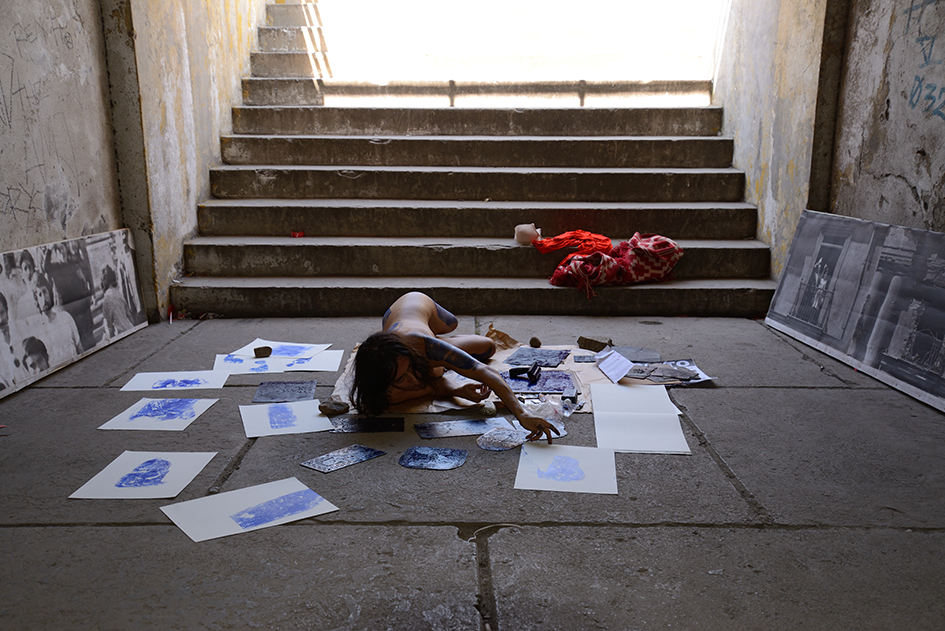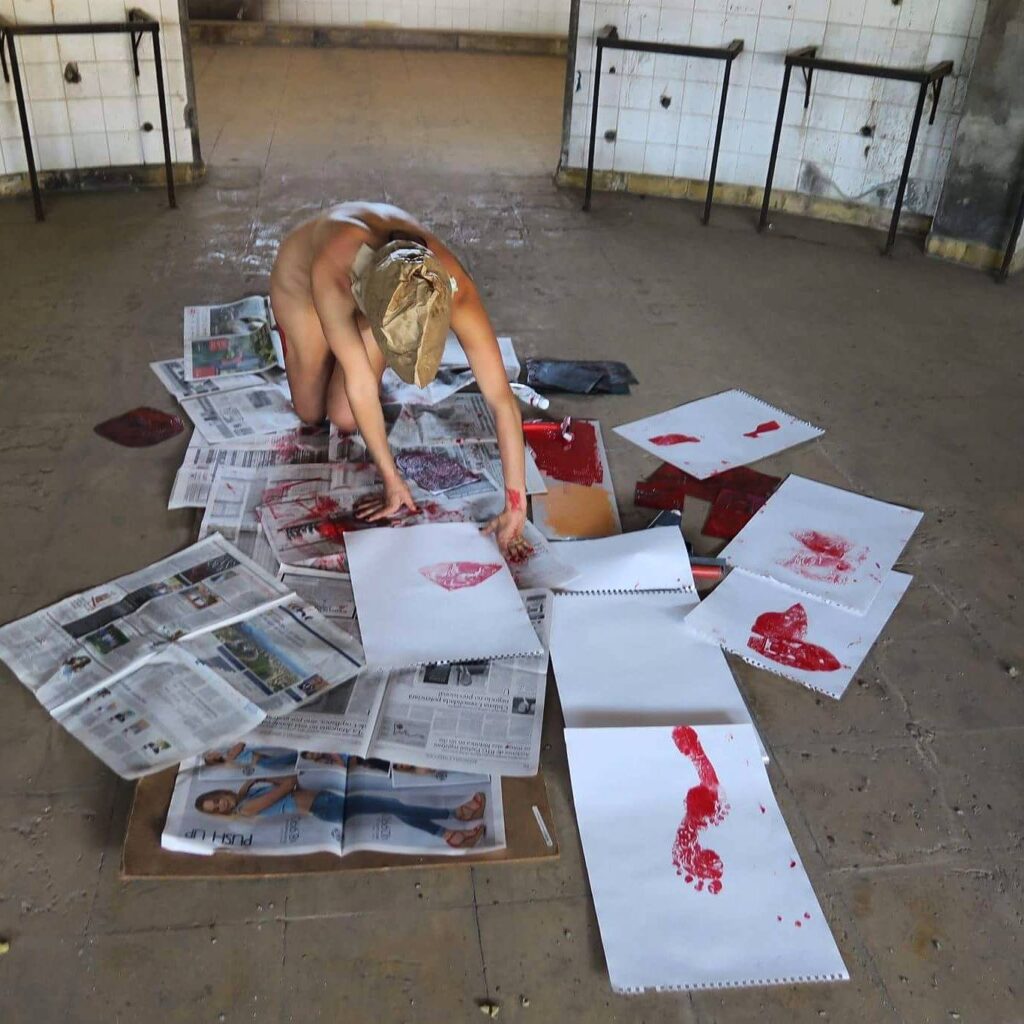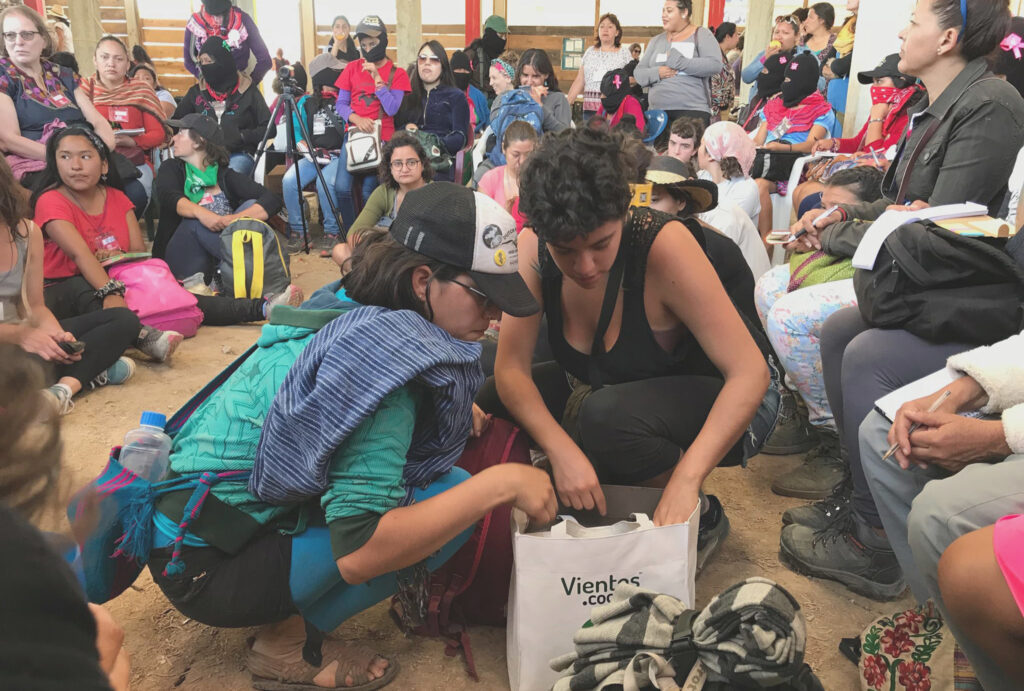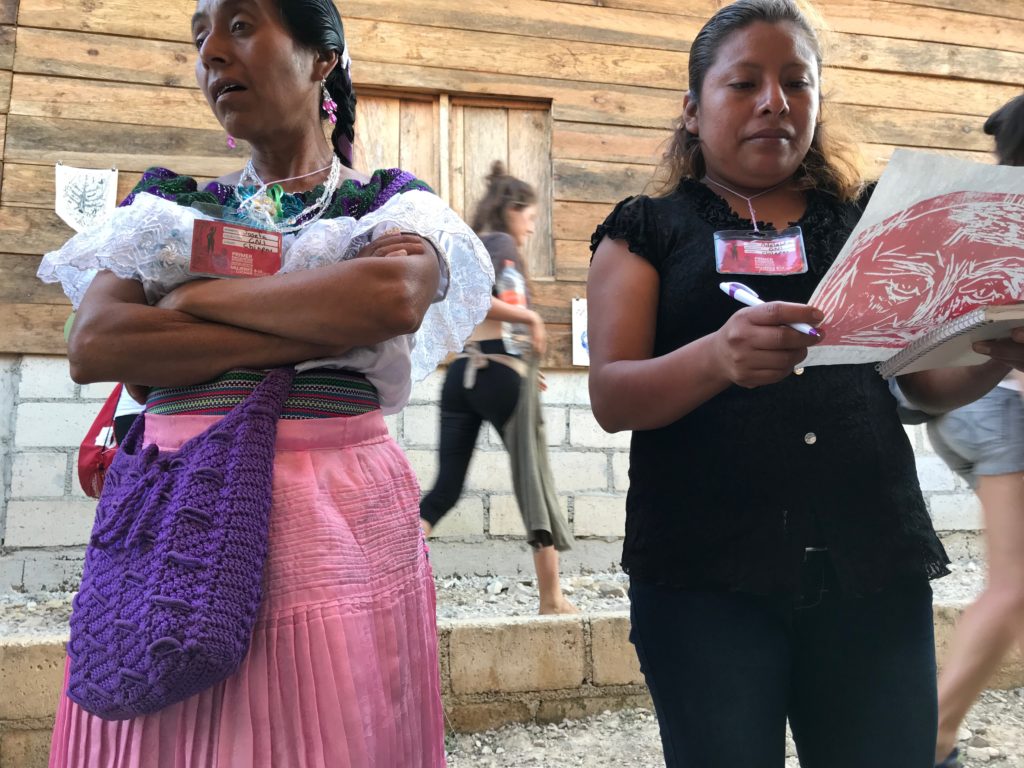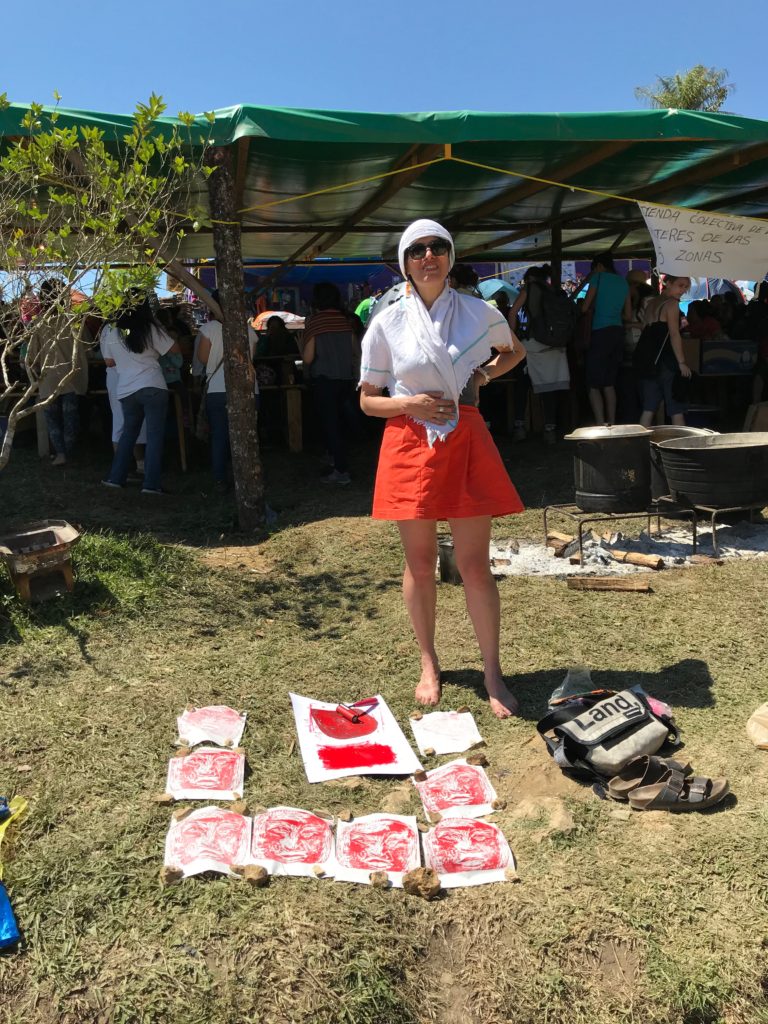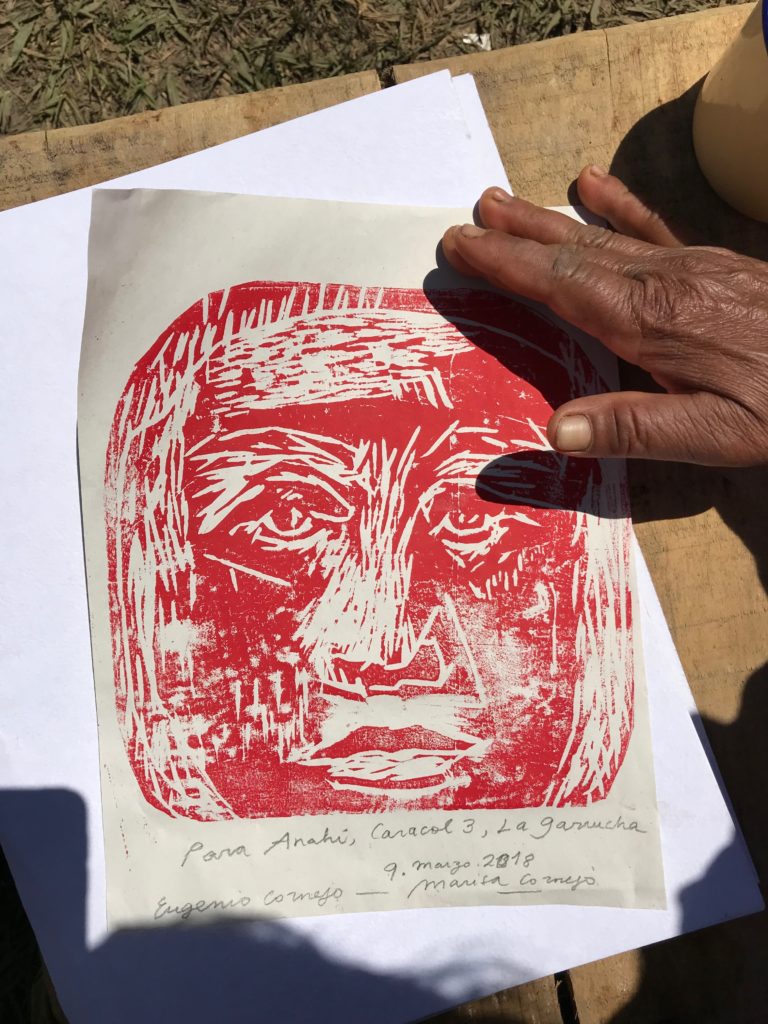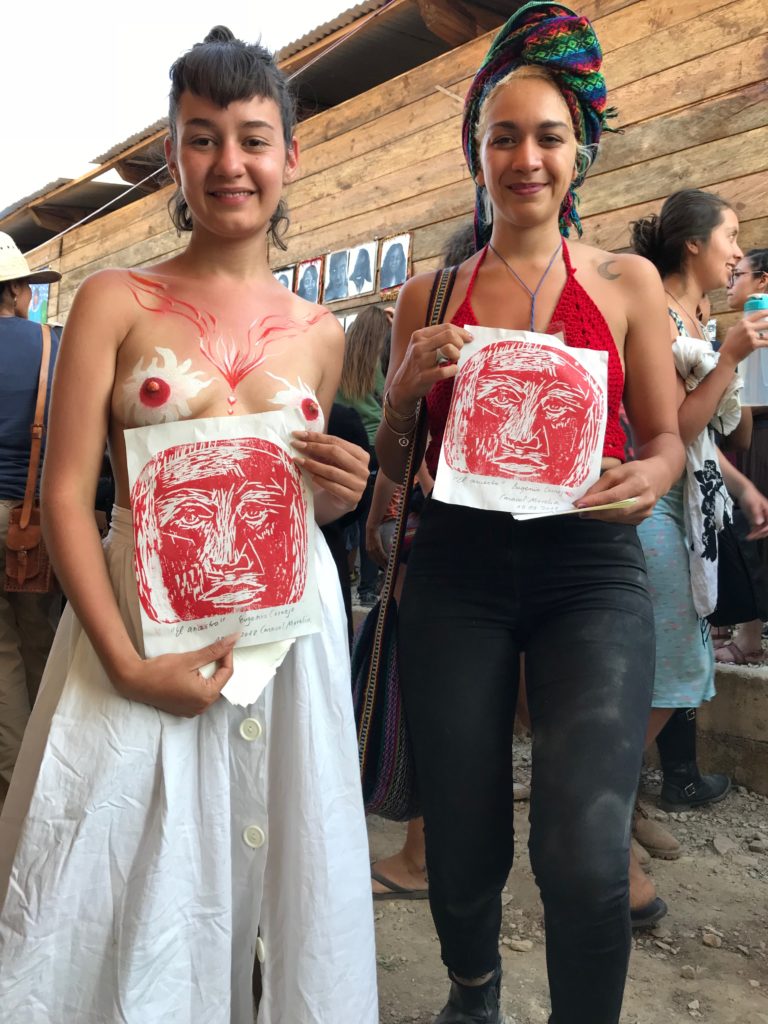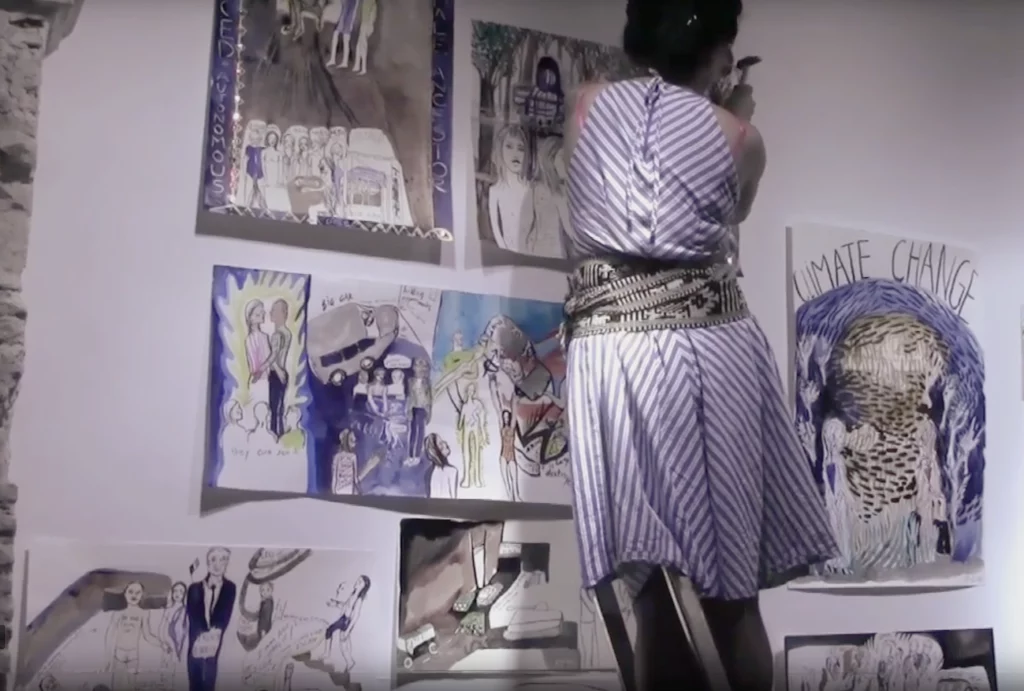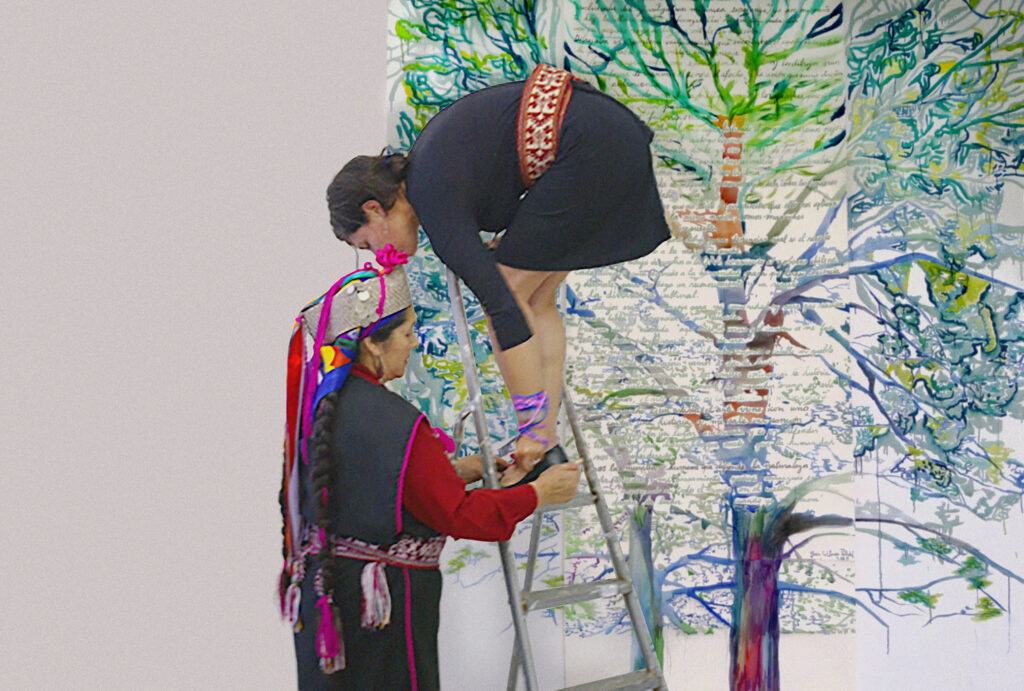Santiago, Plovdiv, Genève
2013–2017
Artist: Marisa Cornejo
Places and dates:
Galeria Espacio Flor, Santiago — 01.2013
Plodviv Station, Bulgaria — 08.2013
Escotilla 8, Estadio Nacional, Santiago — 11.2013
El Caracol, Estadio Nacional, Santiago — 26.12.2015
Usine Kugler, Genève — 13.11.2017
Between 2013 and 2015, Cornejo did 6 performances going back to some places related to the wounds of her exile. Two of them are places of memory, Escotilla 8 and El Caracol from the Estadio Nacional, the football stadium that after the coup d’etat in Chile was used as the largest concentration camp. There, thousands of people were imprisoned and tortured, among them the father of the artist, an art teacher, Eugenio Cornejo. Also in the train station of Plovdiv, Bulgaria, where she lived with her family in exile between 1977 and 1978, and Geneva. She realized the performance La Huella by reprinting with her body the engraving plates done by her father in bulgaria. With this performances she activated the memory of the exiled people that will never return, as her father who died in Mexico in 2002 unable to find a place in an extremely neoliberalized chilean society. She used this performance as a tool to reweave the history of the chilean diaspora, and an attempt to repair the transgenerational trauma of imprisonment, torture and exile still present in our communities.
« C’est un rêve qui a soufflé à Marisa Cornejo la suite de son parcours artistique. «Quelques jeunes artistes m’aident à imprimer avec mon corps les plaques de gravure que mon père a
faites durant son exil», dit l’avant-dernier songe publié dans I am (art&fiction, 2013). Quand elle était enfant, en Bulgarie, il lui avait fait poser ses pieds sur l’encre d’une plaque gravée, avant d’imprimer leurs empreintes sur une feuille qu’elle a conservée.
Elle se lance alors dans une réflexion sur ce geste porteur de mémoire et de transmission. Un work in progress La Huella qui prend la forme de performances publiques exécutées dans les lieux du passé, en Bulgarie et au Chili, revisités du coup en actrice et non en victime passive. La démarche est libératrice.
Son travail sur la brutalité de la dictature passe par le corps, qui devient «une métaphore, une archive à activer par le biais des rêves». Le cadre (de ce projet de performances) ouvre également un dialogue avec des auteurs et des textes, des activistes et des historiens, grâce auxquels elle a le courage d’aller dans la chambre où son père a été torturé, au Stade national de Santiago de Chili. «J’ai pu confronter ce grand monstre dans ma tête, ce lieu interdit.» Elle y donne une performance lors de laquelle elle finit nue, en écho au récit sur la torture qu’elle vient d’entendre de la bouche d’un rescapé. «Je ne veux pas qu’on oublie, ce n’est pas fini», dit Marisa Cornejo. L’art peut aider à ce travail de guérison collective. Et si «tous les Chiliens n’y sont pas prêts», elle ne porte plus seule le poids de l’histoire. Les rêves se partagent. »
(Anne Pitteloud, La vie rêvée, Le Courrier, 18 janvier 2014.)
